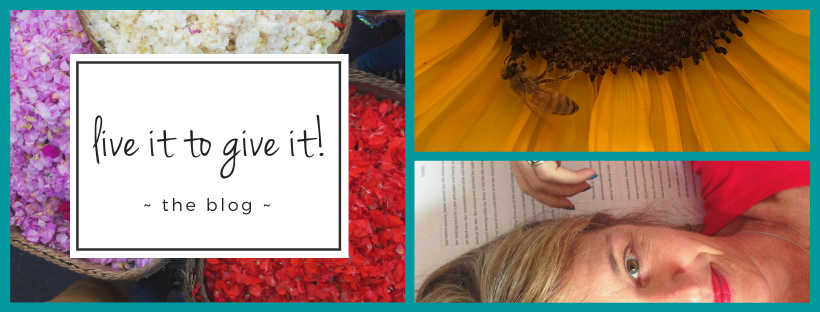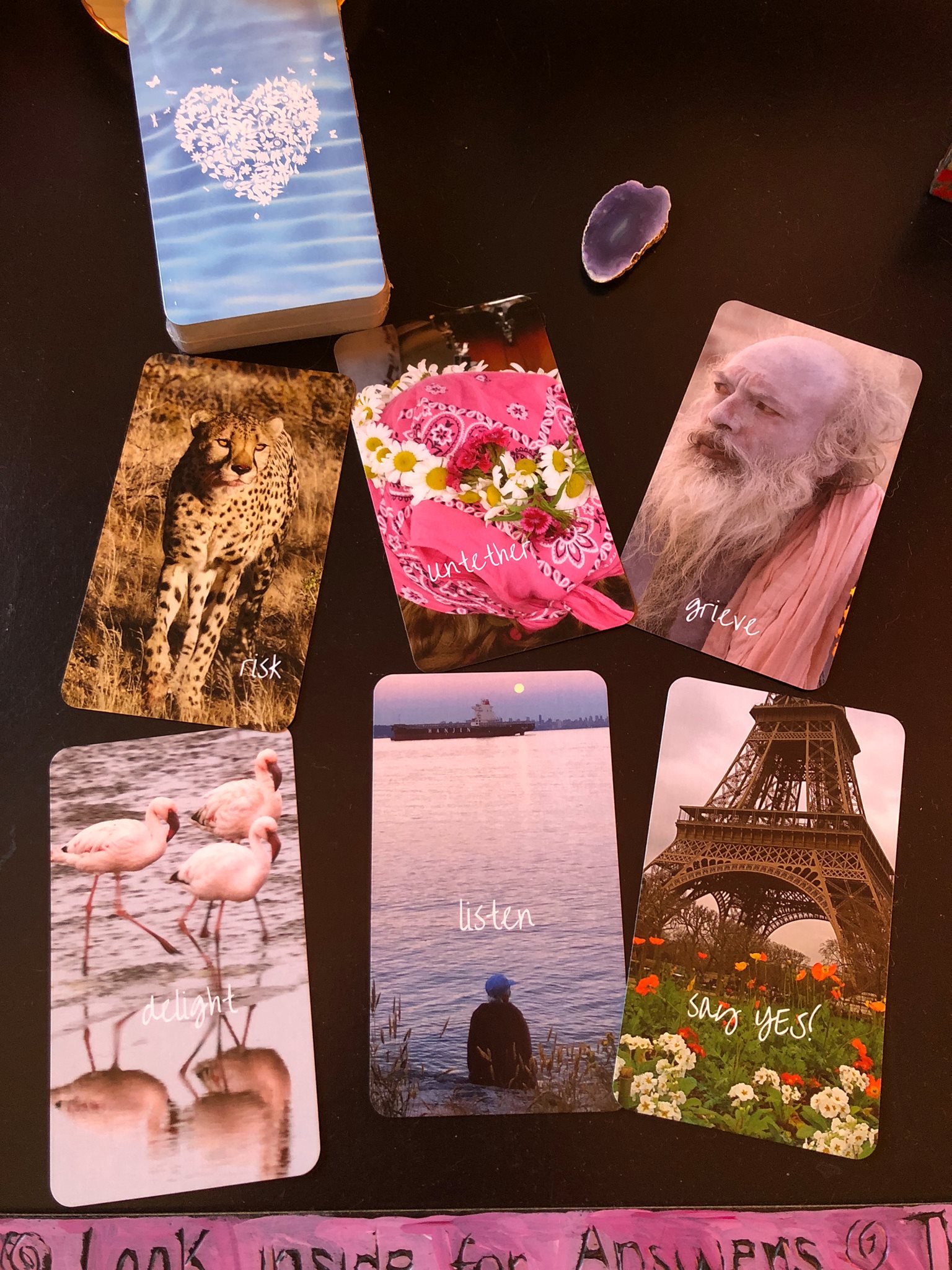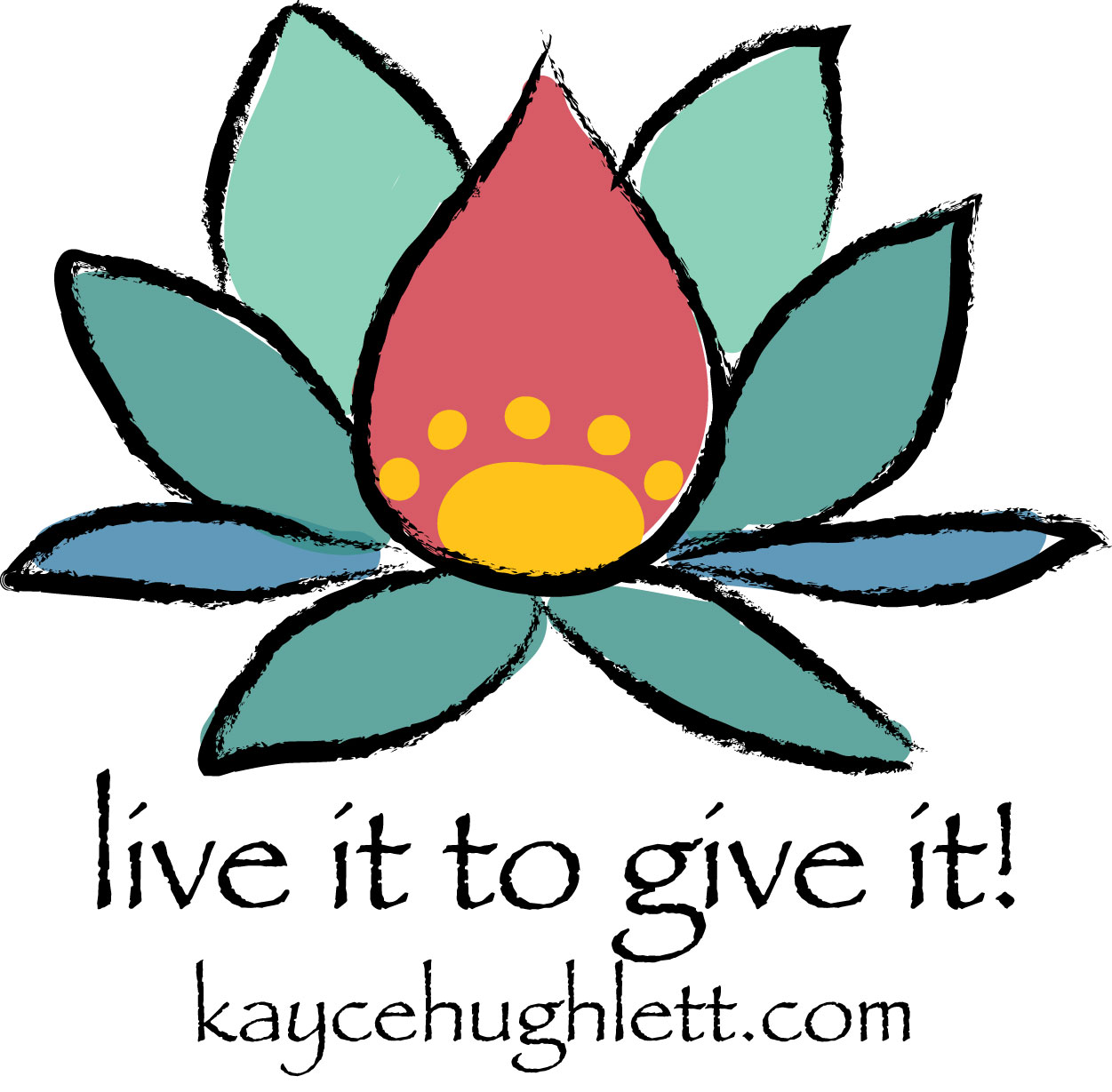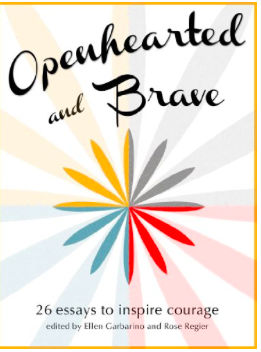Flow: The Conditions of Flow - chapter 4
 Monday, July 30, 2012 at 1:10 AM
Monday, July 30, 2012 at 1:10 AM "The common characteristics of optimal experience: a sense that one’s skills are adequate to cope with the challenges at hand, in a goal-directed, rule-bound action system that provides clear clues as to how well one is performing. Concentration is so intense that there is no attention left over to think about anything irrelevant, or to worry about problems. Self-consciousness disappears, and the sense of time becomes distorted. An activity that produces such experiences is so gratifying that people are willing to do it for its own sake with little concern for what they will get out of it, even when it is difficult, or dangerous.” M. Csikszentmihalyi (Mr. C)
 Welcome to "On the Same Page." This week’s Chapter of Flow is dedicated to “The Conditions of Flow”—those places, ways, and activities that produce optimal experience. It seems important for me to divulge a couple of things as we get started on this synopsis of Chapter Four.
Welcome to "On the Same Page." This week’s Chapter of Flow is dedicated to “The Conditions of Flow”—those places, ways, and activities that produce optimal experience. It seems important for me to divulge a couple of things as we get started on this synopsis of Chapter Four.
1) Throughout the reading, I’ve struggled a bit with Mr. C’s conclusion that we need a “rule-bound action system” and “clear clues” as to “how well” we are performing. This self-disclosure arises from years of attempting to break free of the rule-bound system I (and possibly you) grew up in. If you, too, struggle with toeing the line others have constructed, then consider doing this:
- Make your own rules.
- Get clear on what “clues” resonate for you.
- Define success and performance on your own terms.
(By way of example, ponder this... is the person who easily achieves an A in class but has little comprehension actually “higher performing” than the B student who puts forth effort and is able to apply what they learned?)
2) My goal is to make this synopsis relevant and accessible to our lives (yours and mine), so if you’re expecting a verbatim, academic report, you might as well stop reading now. If you’re interested in what resonated with me in this chapter then please read on. This is a longer post than normal, but there are juicy tidbits all the way through. Break it into pieces if need be, find your own pace, and have fun!!
~~~~~~~~~
Flow Activities - How do you flow?
Play, art, pageantry, ritual, and sports are examples of flow activities which have the primary function to provide enjoyable experiences.
I don’t know about you, but that list had me at “play!” I think that’s why I’m enjoying this book so much, because it gives substantial credence to my favorite things. As mentioned, play tops my list! If you could only do one thing to add flow to your life, I would recommend incorporating a sense of play into every day! There’s also nothing like art to move us out of a left-brain stinking thinking mentality toward new ways of vision. Pageantry evokes our inner drama queen/king and brings up fabulous memories of childlike make-believe alongside more adult ways of dreaming and scheming. Ritual taps into the place of heart and spirit and sports bring our bodies into the equation. The opportunity for enjoyable experiences is the first condition for achieving flow and the aforementioned ways provide multiple opportunities.
Where do you find flow and how do you do it? Mr. C introduces what he calls the “Flow Channel.” It’s that sweet spot where we are neither overly anxious nor bored out of our skull. It is the place where the level of difficulty is just right to stretch or hone our skills.
 Several years ago I considered taking a yoga class to increase my flexibility and delve into something new. My initial anxiety level was high, because it was a foreign experience. However, a wise and gentle friend nudged me into class and once there I heard the instructor say, “You are a natural at this.” It was her way of saying I had fallen into my “flow channel” and I agreed. After awhile, however, the same class became routine and I moved out of the channel toward boredom, because my skill level exceeded the physical challenge offered. It was time to either succumb to boredom or up the challenge.
Several years ago I considered taking a yoga class to increase my flexibility and delve into something new. My initial anxiety level was high, because it was a foreign experience. However, a wise and gentle friend nudged me into class and once there I heard the instructor say, “You are a natural at this.” It was her way of saying I had fallen into my “flow channel” and I agreed. After awhile, however, the same class became routine and I moved out of the channel toward boredom, because my skill level exceeded the physical challenge offered. It was time to either succumb to boredom or up the challenge.
The key is to find the appropriate level (or sweet spot). Moving from a beginner class to a Masters level would likely result in anxiety (and possible injury). In my case, I switched to a different form of yoga and began stretching my skills at this new level that brought me back to flow. It’s important to remember, we are each motivated differently and demonstrate varying levels of ability, so the “flow channel” varies from person to person. Get clear on what resonates for you!
In Mr. C’s studies, they found that every flow activity, whether it involved competition, chance, or any other dimension of experience, had this in common: It provided a sense of discovery (like the increased flexibility & strength I found in yoga). There is also a creative feeling of transporting the person into a new reality. Yoga pushed me to higher levels of performance, and led to previously undreamed-of states of consciousness (such as calmness and attention to the present moment). In short, flow activities transform the self by making it more complex. This growth of self is key to experiencing flow.
The dynamic feature of moving in and out of the flow channel explains why flow activities lead to discovery. Mr. C says, “One cannot enjoy doing the same thing at the same level for long. We grow either bored or frustrated.” It’s no wonder there are so many people wondering what’s “wrong” with them. I don’t know about you, but I grew up in a culture that said stability (translation: immobility) is the key to success... So for increased happiness, it’s critical to define what success is for you. According to the studies of flow, we are designed to stretch and grow within reasonable limits. If you find yourself experiencing either boredom or anxiety, now would be a great time to consider what activities bring you into the flow channel.
Flow and Culture - All in the Family?
 Mr. C goes into great detail about all of the studies and impact that culture has on flow. Culture can be a community, country, or family system that impacts your ability to step into flow. He says, “In reality, few cultures have ever attained so good a fit between the psychological needs of their people and the options available for their lives. Most fall short, either by making survival too strenuous a task, or by closing themselves off into rigid patterns that stifle the opportunity for action by each succeeding generation.” These are external conditions and something we can’t necessarily control (e.g. a prisoner can’t simply walk out the jail doors). While we can’t always control our external conditions, we do have a choice as to how we see things internally.
Mr. C goes into great detail about all of the studies and impact that culture has on flow. Culture can be a community, country, or family system that impacts your ability to step into flow. He says, “In reality, few cultures have ever attained so good a fit between the psychological needs of their people and the options available for their lives. Most fall short, either by making survival too strenuous a task, or by closing themselves off into rigid patterns that stifle the opportunity for action by each succeeding generation.” These are external conditions and something we can’t necessarily control (e.g. a prisoner can’t simply walk out the jail doors). While we can’t always control our external conditions, we do have a choice as to how we see things internally.
“Whether you think you can, or you think you can't--you're right.” Henry Ford
YOU WORK –
1) How do you make your survival more strenuous than it needs to be? Do you set the bar too high or too low? Do you say things like I can’t be happy until.... Why not be happy now? Perhaps you tell yourself I have to lose 20 pounds, be married, make X $$ or have “the best” job to be happy.
Pick one of your goals—weight loss, finding your ideal mate, landing the perfect job, etc. Now imagine you already have the results. Get explicit. How does it look? What do you feel in your body? What are the sensations of the experience? Are you light? Happy? Free? Write down whatever comes to mind as you imagine yourself living in that perfect zone you’ve dreamed of.
Next review the attributes above and write down 5 things you could do today to bring you that same feeling. Pick one and do it now!
2) Become your own culture. Find the fit between your psychological needs and what is available. Do you want to live in France (or have a family or...)? What could you do right now to start experiencing that? Enroll in French language lessons. Listen to French music. Prepare meals a la francaise. Live the joie de vivre of being there now. Allow your mind to take you toward your dreams rather than away from them.
The Autotelic Personality - Will you find yourself here?
Mr. C occasionally goes totally headsy with words like “autotelic” that send me scurrying to find a definition. Merriam-Webster translates autotelic as ‘having a purpose in and not apart from itself ‘ which I’m going to further translate into ‘how we get in our own way’ or ‘the obstacles to flow.’
Two primary obstacles to experiencing flow are attentional disorders and stimulus overinclusion (i.e. processing too much information or operating without a filter as in schizophrenics who notice irrelevant stimuli and can’t control it). These prevent flow because psychic energy is too fluid and erratic.
“A person who is constantly worried about how others will perceive her, who is afraid of creating the wrong impression, or of doing something inappropriate, is also condemned to permanent exclusion from enjoyment.” Yikes! The other flow-inhibitor is the self-centered person who evaluates all information only in terms of how it relates to them. Nothing has value if it can’t be used to advance their interests. A sunset is meaningless unless it can do something for them. These two obstacles prevent flow because they are too rigid and tight.
If we go back to the flow channel, fluid and erratic correlate with “anxiety” and rigid and tight with “boredom.” So, it becomes important to focus on ways to decrease either anxiety or boredom in order for a person to experience flow.
Whew! That’s a lot isn’t it? I’m beginning to feel slightly anxious just relaying this information, because I don’t want to leave you hanging here. One of my greatest delights in life is helping others move through things like anxiety and boredom and toward pleasure, play, and flow. Fortunately, I believe that’s Mr. C’s goal, too. Unfortunately, he doesn’t address it in this chapter. Consequently, I will show great restraint and not jump ahead to the ways to achieve flow and stick with “The Conditions of Flow.”
The People of Flow - THE must-read section of Chapter 4!
 “The traits that mark an autotelic personality are most clearly revealed by people who seem to enjoy situations that ordinary persons would find unbearable.” M. Csikszentmihalyi
“The traits that mark an autotelic personality are most clearly revealed by people who seem to enjoy situations that ordinary persons would find unbearable.” M. Csikszentmihalyi
If you only read one section of Chapter Four, “The People of Flow” is the one to sink into! It is filled with examples of people who have overcome unbelievable odds to move toward fluidity and freedom (i.e. flow).
One more little piece of YOUWORK -
Consider where you feel shackled in your life and envision ways you could feel freer. Take a pen and paper, set the timer, and “free-write” (i.e. without stopping or censoring) for five minutes using the prompt: I feel most free when.... (Past, present, or future tense.)
Set the timer for two more minutes and complete this sentence with whatever comes to mind: I get in my own way when I.... (It’s okay if you repeat yourself, simply keep writing!)
Finally, ponder this statement: Even though a person is objectively a slave, subjectively she/he can be free.
Remember this: Make your own rules. Get clear on what resonates for you. Define success on your terms.
 Books
Books 




Reader Comments (1)
Thoroughly enjoying the book club posts. I had to spend some time this week catching up with everyone's writings but very enjoyable to do so. Mr. C is full of charts and technical terms, yet I find I relate to his autotelic personality - I can relate to the "flow" in the moments I'm running in the early am, not necessarily loving the idea of a long run but being caught up when I envision my finish at a 10k event, as I find myself running more and walking less and just doing it w/o feeling there is anything else I should be doing at the time. Challenging myself each run to a fun goal......perhaps running until the next shade tree on the road comes up:) checking out last years numbers and seeing that I've definitely improved. My artwork totally intriguing right now with a new medium discovery - encaustic - I've been in my studio constantly since attending a workshop a couple of weeks ago. The time flies by and I'm setting a new personal goal re my work......nothing public for the time being, but definitely a new direction. Thanks for the play filled thoughs about chapter 4 - I'm THERE! Xo